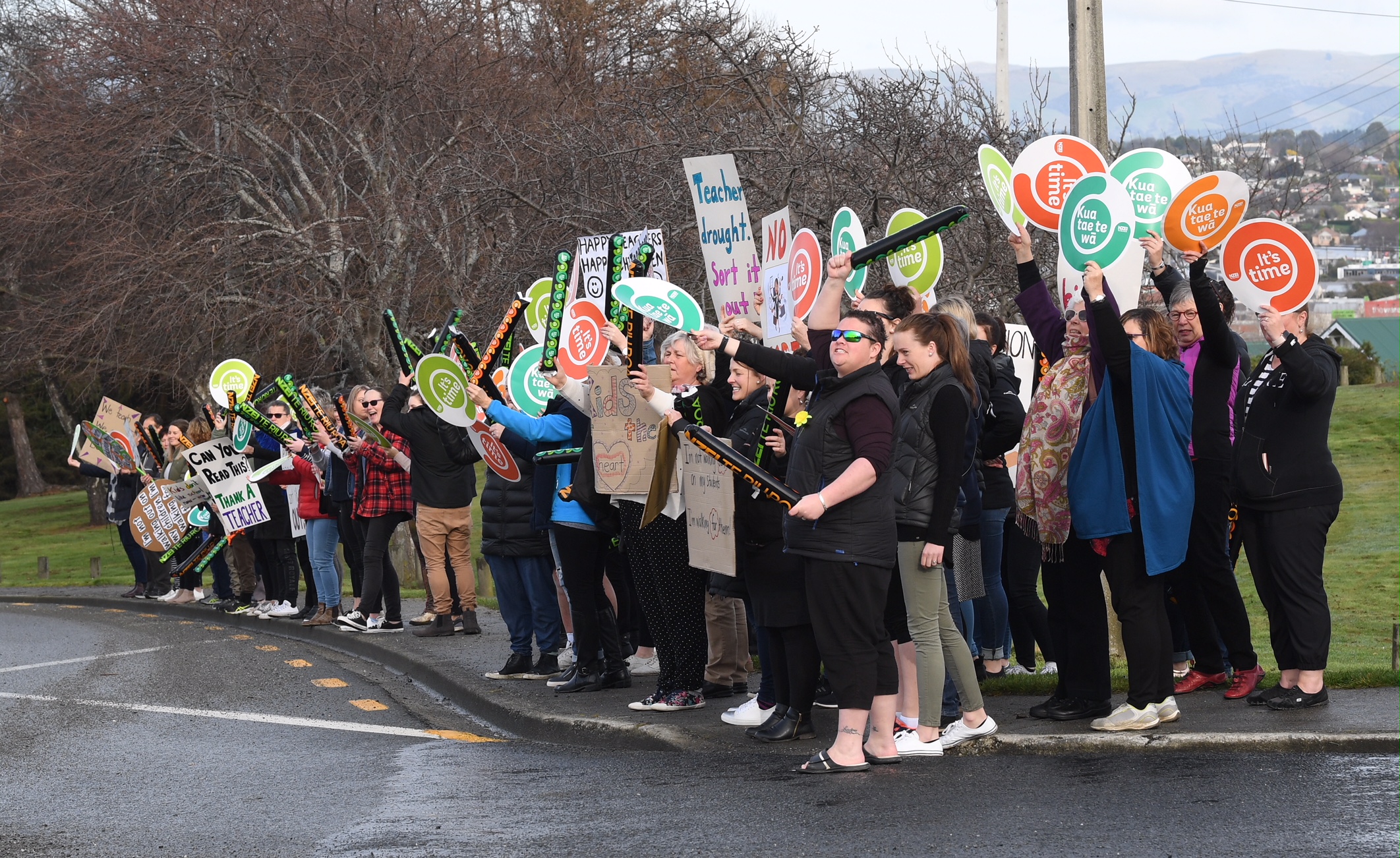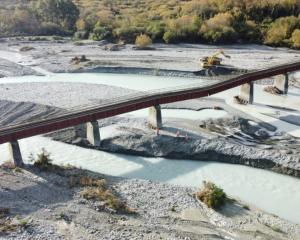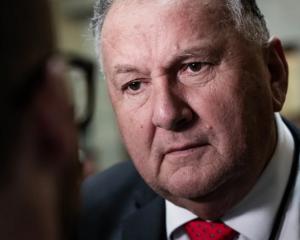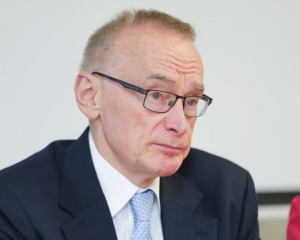A threat of a fresh two-day strike next if primary teachers fail to win a big pay hike and improved staffing received strong support in Dunedin today.
Hundreds of teachers who gathered at the Edgar Centre ahead of a march down Portsmouth Drv were ask were asked if they would support a series of rolling strikes or a two-day strike if negotiations with the Government failed.
The crowd cheered loudly for both choices and also another option of only working four-hour days, put forward by a teacher in the crowd.
Further action could be taken if the next round of talks with the Ministry of Education failed to make progress on August 24.
- 'Overworked and underpaid': Southern teachers take to streets
- Slideshow: Teachers strike in Otago, Southland
NZ Educational Institute president Lynda Stuart asked thousands of teachers in Auckland's Aotea Square today whether they would support either rolling regional strikes or a two-day national strike.
Only a handful put their hands up for regional strikes and an overwhelming majority roared their support for a two-day stoppage.
Stuart said afterwards that no dates had been set for a further strike, which would only happen if the next round of talks with the Ministry of Education failed to make progress on August 24.
"We are just getting a sense of what people are feeling," she said.
"The message was pretty clear."

NZEI said it has asked for a 16% pay increase for teachers over two years, whereas the Government has offered between 6.1% and 14.7% pay rises, depending on experience, over three years.
In Auckland, thousands of teachers massed today at Aotea Square and at Parliament in Wellington to demand better pay in the first teachers' strike in 24 years.
About 7000 teachers and supporters gathered in Aotea Square after a noisy march up Queen St.
At Parliament, Prime Minister Jacinda Ardern came out to see the protest first-hand, flanked by Education Minister Chris Hipkins and several other MPs.
Ardern told the crowd she hadn't been scheduled to speak at the rally, but when she saw teachers streaming in to Parliament, she knew she had to be there.
"I didn't have this sense of them and us, I just had this sense of us.
"You're all here because you're passionate about kids. You know that the education system is at the front line of so many problems we face."
Ardern said scrapping National Standards was part of her Government listening to teachers, in what they believed was best for kids, and best for teacher workloads.
"When we value people we often put that in terms of money," she said.
"But it's also in the time you get with kids, and the workload.
"Thank you for the work that you do. Thank you for joining with us in lifting kids up."
Hipkins said he knew teachers wouldn't have made the decision to strike lightly.
"I want to let you know that this is a Government that is listening to you, we have heard you.
"We have heard the concerns that you've been raising with us. We have heard that you want to be a respected, trusted, and valued profession.
"We have also heard the concerns you've raised about the education policies that you do not think are in the best interest of future generations."
Hipkins said a select committee had that morning had been abolishing National Standards and charter schools, which he felt was a "good use of their time".
He blamed the current problems on the previous National government - and said they couldn't fix nine years in nine months.
"We are here to show you that we are listening, and we are here to work with you for hopefully longer than the next nine years, so that you get the support you need to thrive and children need to thrive."
What do teachers earn - and what are they asking for?
• Teachers beginning with a degree and a teacher's qualification currently start on $49,588, just below the national median wage of $49,868. Twenty years ago they started on 15% above the median wage.
• Teachers at the top of the basic pay scale, reached after seven years' experience, earned 75% more than the median wage in 1998 and now earn only 52% above the national median.
• The union is claiming a $296 million, 16% pay rise over two years that would take the top of the basic scale up from $75,949 to $88,100.
• Other claims include reducing the teacher:student ratio in Years 4 to 8 from 1:29 to 1:25. The Ministry of Education says these non-pay-related claims would cost a further $291 million a year on top of the extra $296 million a year for salaries.
- additional reporting by Tim Miller and Reuters












